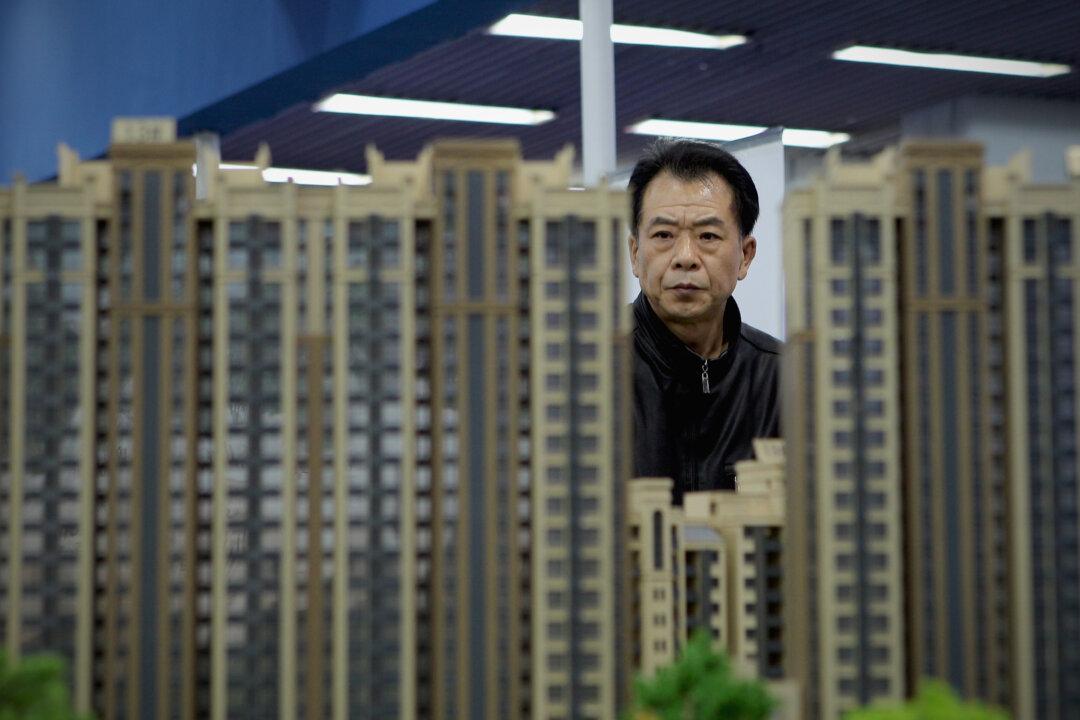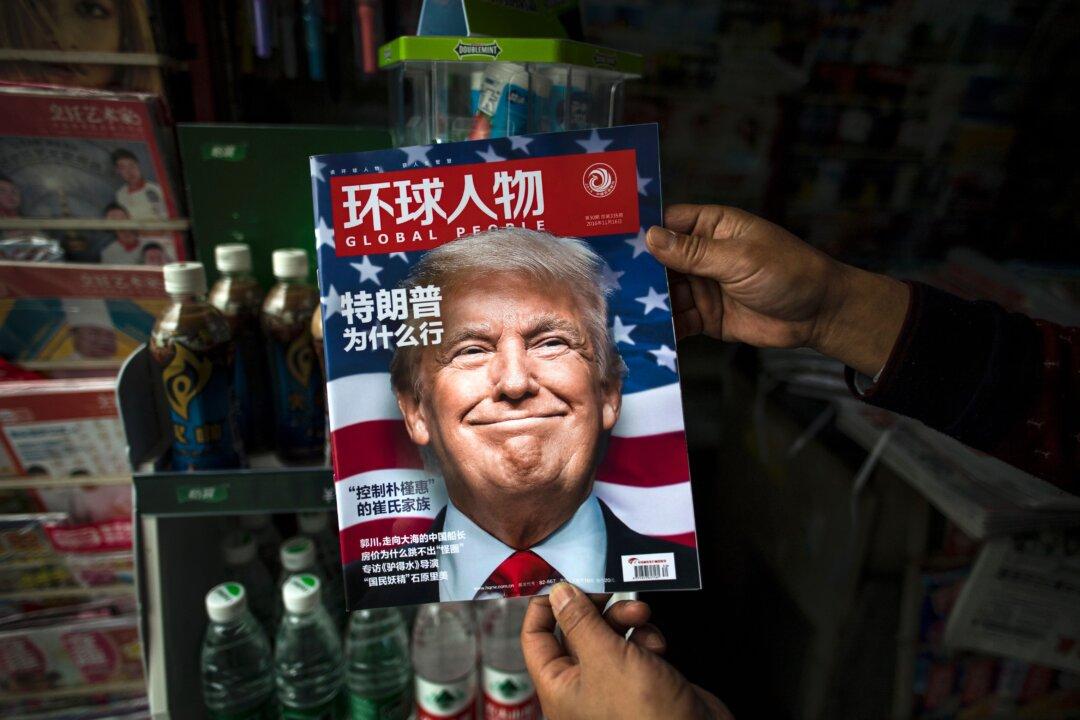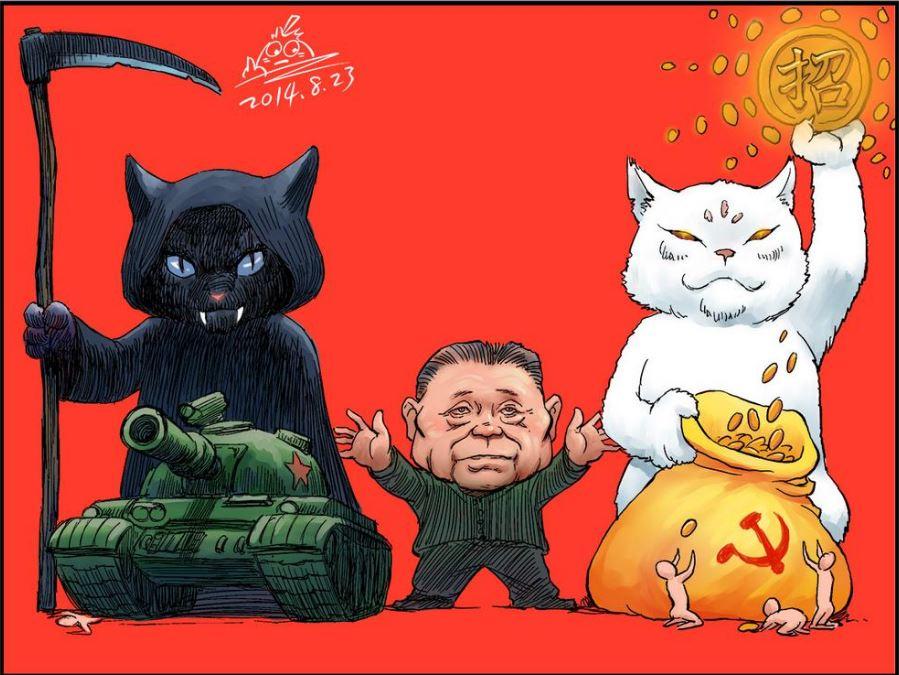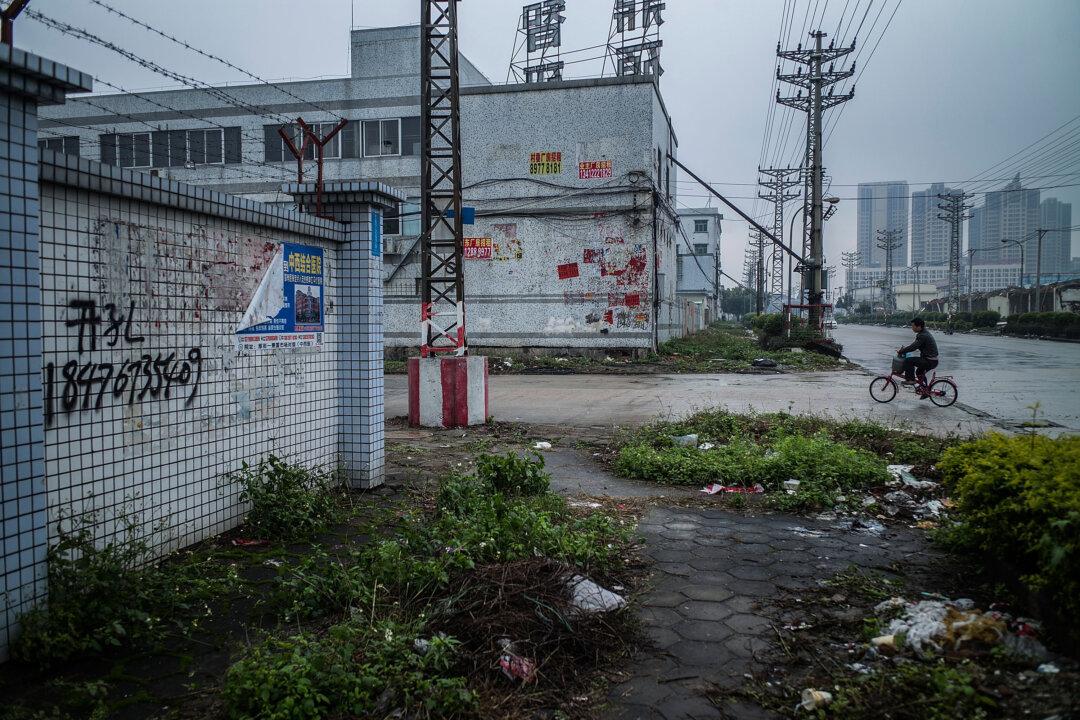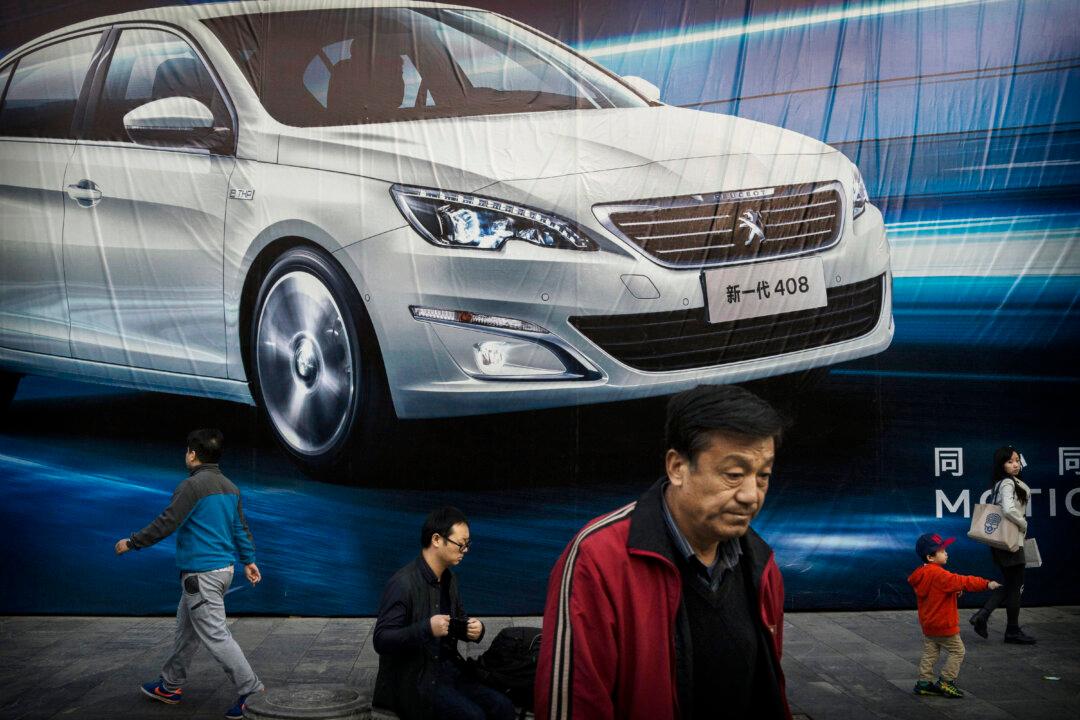China has a huge real estate bubble, yet Chinese economists and the government still don’t seem to have a clear understanding of the damage, and continue to infuse more credit into sectors related to real estate.
The Chinese economy has run into many obstacles this year, including a slowdown and volatility of the RMB exchange rate. The only bright spot is the real estate market in first-tier cities, which is skyrocketing.
With a sluggish real economy, a declining manufacturing sector, and no substantial improvement in per capita income, why is real estate soaring?
Credit Feeds Real Estate Bubble
New loans of 2.51 trillion yuan ($387 billion) were issued in January, the highest single month on record, and the growth rate of M2 monetary supply increased 14 percent, the highest in 18 months, according to data released by China’s Central Bank. The majority of these loans went to individual mortgages, affordable housing developments, land development, government projects, transportation, and wholesale and retail trade —with three areas directly related to real estate.

